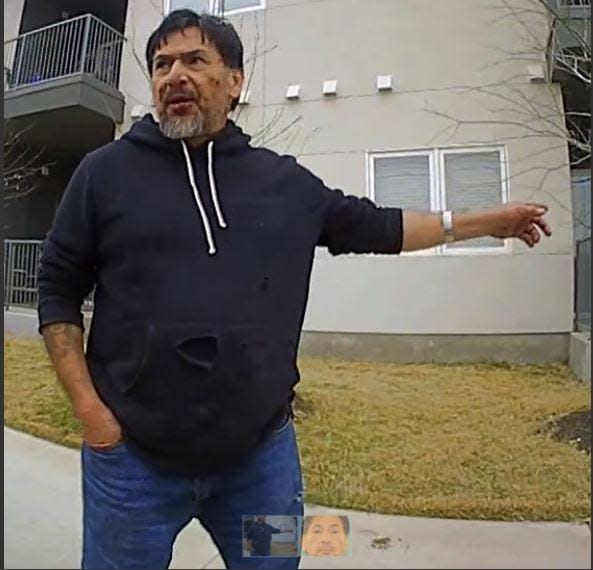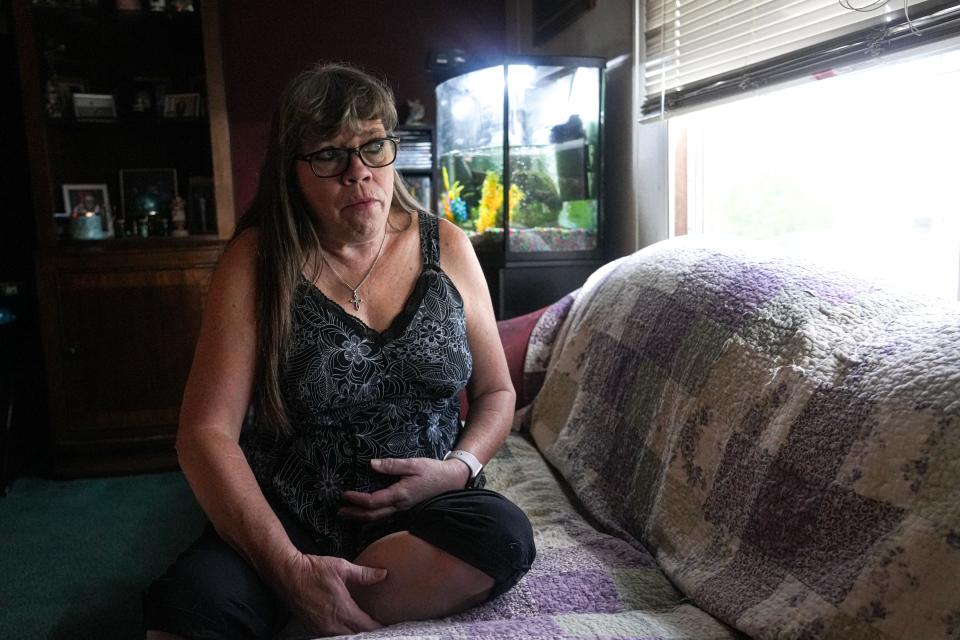APD: Detective ‘did not follow’ lead and suspected serial killer Raul Meza struck again
Austin police have closed an internal investigation into missteps about the handling of a DNA report they say linked accused serial killer Raul Meza to a woman’s 2019 slaying — a lapse that might have allowed Meza to strike again.
In a statement to the American-Statesman, the Austin Police Department acknowledged for the first time that a detective investigating the 2019 death of 65-year-old Gloria Lofton received forensic information that Meza was at the scene of Lofton’s death “and did not follow up.”
“At the time the information was received, the detective was working on a special assignment related to the protests of 2020,” the department said in an unsigned email.

Authorities say they think Meza carried out at least one other slaying — that of 80-year-old Jesse Fraga — three years later.
“It is hurt on top of hurt,” Fraga’s brother-in-law, Oscar Mota of San Angelo, told the Statesman. “It is a tragedy on top of tragedy."
More: Austin police may have missed key DNA lead to stop suspected serial killer Raul Meza Jr.
The Statesman also reported last year that investigators searched for a woman in a field near Pflugerville, where they think Meza might have buried a victim in March 2022. They found no human remains. Police also said last year that they are investigating possible links between Meza and up to 10 unsolved homicides but currently have no updates on those investigations.
Meza was convicted in the 1982 murder of 8-year-old Kendra Page in a case that shocked Austin. He was released on parole in the early 1990s.

An arrest affidavit charging him with murder in Lofton’s death said that on May 1, 2020, the Texas Department of Public Safety Capital Area Regional Crime Lab told Austin police it had received a database match with Meza and DNA at the scene.
The affidavit said Meza told police that he had killed a woman on Sara Drive in East Austin. He also told them that they had “misidentified” the death, which was a homicide.
Sonia Houston, Lofton’s daughter, said she believes police did not take her mother’s death seriously and is heartbroken they did not immediately follow the DNA lead in 2020.
"I have always thought that the powers that be would be on top of things – that there was a proper procedure,” she said.
The Austin police statement said officials closed the internal investigation without disciplining the detective because they learned about the lapse after a 180-day deadline to impose punishment.
Because the case did not result in discipline against the investigator, the department said state civil service law prevents it from identifying the detective.
“That is kind of a slap in the face after you have been told tragic news,” Mota said.
Police think Meza killed Fraga, a retired probation officer who had befriended him, and stole his truck. They discovered Fraga’s body in the bathroom of his home after a concerned family member asked officers to check his welfare.
More: Austin police seeking Raul Meza's Google info to link him to 2018 cold case killing
In recent months, after another high-profile incident in the Dallas area in which police did not act on a forensics report, the Legislature adopted a new law to prevent a future similar oversight.
A measure that went into effect in September created a new requirement that crime labs must notify a law enforcement agency within 30 days when they obtain a match from DNA or other forensic evidence. Then, the police agency must verify with the lab that it received the information within five business days. Thirty days after that, police must also demonstrate that they have attempted to follow the lead, including attempts to get a new DNA sample from the suspect.
This article originally appeared on Austin American-Statesman: APD: Detective 'did not follow' lead involving accused killer Raul Meza

